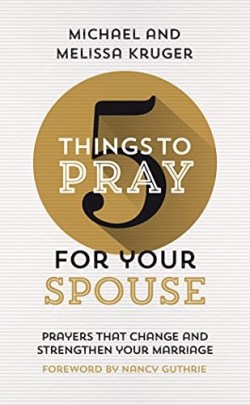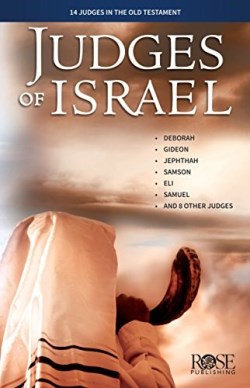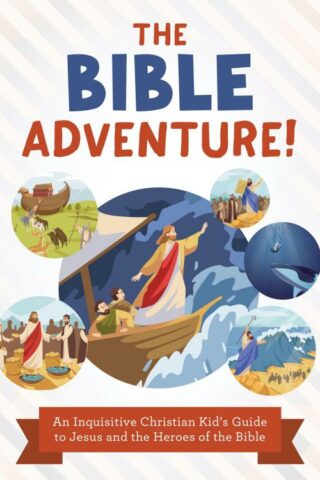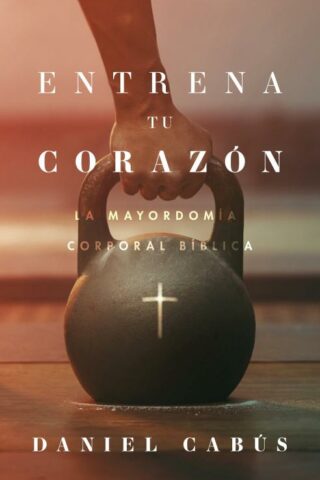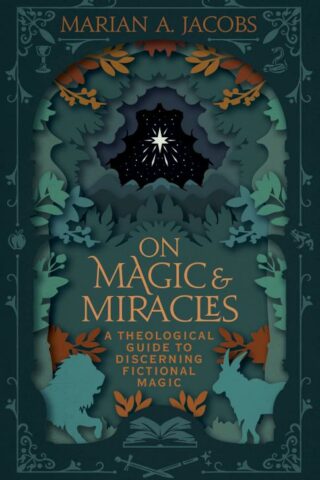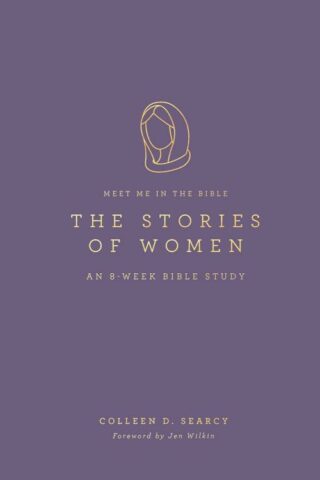Michael Kruger
Showing all 2 resultsSorted by latest
-
5 Things To Pray For Your Spouse
$7.99A happy and healthy marriage is one of God’s sweetest gifts to us. And one of the best ways to nurture that is through the power of prayer.
This guide will help you to pray bold, Scripture-based prayers for your husband or wife that will strengthen and enrich your marriage. It covers 21 prayer themes, with each one including five prayer prompts from a particular passage of Scripture. You’ll be equipped to pray deep and effective prayers for your spouse’s character and spiritual walk, for your life together as a couple and through challenging seasons.
You can use this book to help you to pray on your own or as a couple, and it makes a great wedding, anniversary or Valentines Day gift.
As Nancy Guthrie says in her foreword:
There is a great deal we can do for our spouses. But there is so much that only God can do, so much that only he can develop, and so much that only he can provide. So we pray. And as we pray instead of worry, pray instead of complain, pray instead of strategize, we find that God is not only doing a work in our spouse; he’s doing a work in us too.Add to cartin stock within 3-5 days of online purchase
-
Hebrews For You
$17.99Applied expository guide to Hebrews-a book that shows us how and why Jesus is better than anything else.
We are all tempted to drift away from Jesus, but in the book of Hebrews God gives us an anchor: a detailed understanding of how and why Jesus is better than anything else.
Seminary professor Michael J. Kruger unpacks this rich book verse by verse. He explains the Old Testament background, gives plenty of application for our lives today, and shows us how Jesus is the fulfilment of all God’s work on earth. He encourages us to live by faith in Jesus-the only anchor for our souls.
This expository guide can be read as a book; used as a devotional; and utilized in teaching and preaching.
Add to cartin stock within 3-5 days of online purchase

